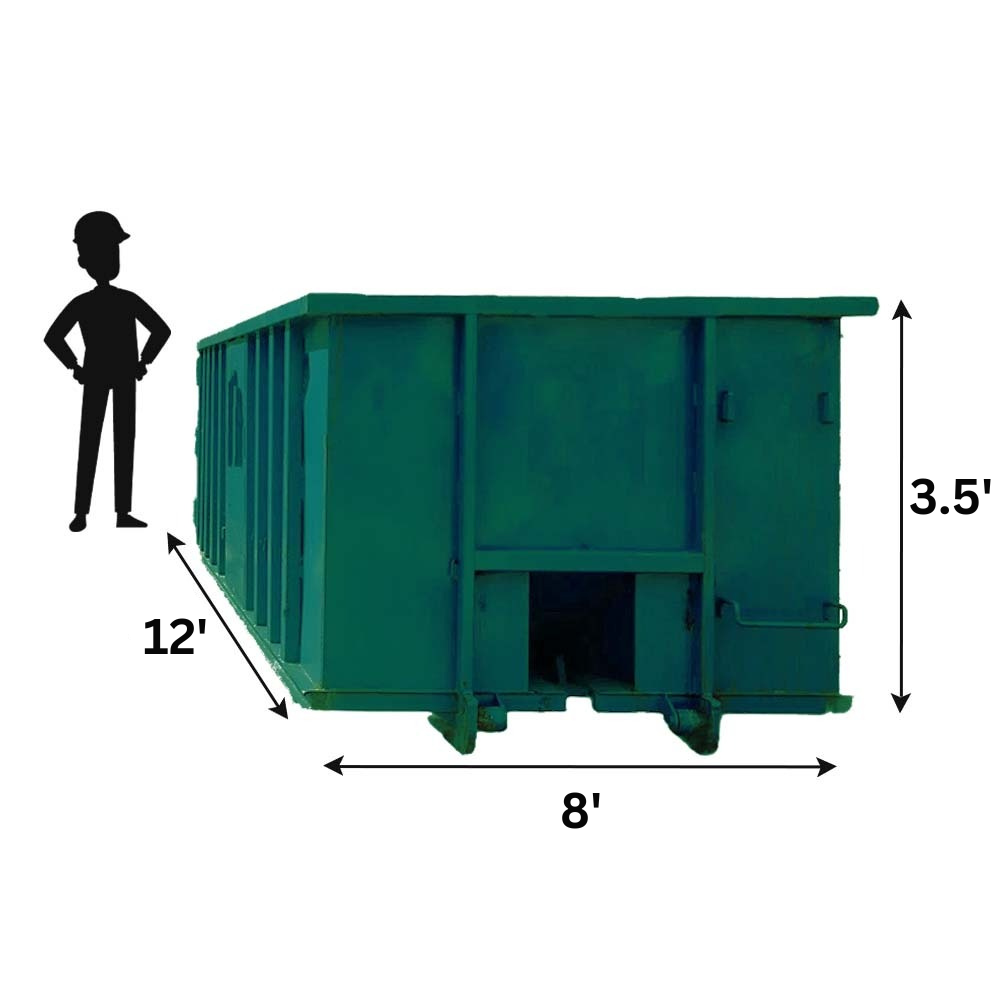When it comes to dumpster rentals, making informed decisions regarding dimension, expense, and positioning is vital to ensuring a successful project, and obtaining it right can make all the distinction between remaining on schedule and looking at spending plan. To select the right dumpster dimension, think about the weight and thickness of products, and precisely price quote waste kind and quantity. Understand that rental duration and place effect expenses, and permit requirements differ by area. By focusing on these essential factors, you can avoid costly shocks and maximize your project's efficiency. Dive deeper to discover much more experienced suggestions for a seamless dumpster rental experience.
Choosing the Right Dumpster Size
To establish the best dumpster size for your project, consider the type and quantity of waste you expect to generate.
For instance, a 10-yard dumpster is suitable for small to medium-sized projects, such as shower room or kitchen area remodels, while a 30-yard dumpster is better fit for larger projects, like building or demolition.
Additionally, take into consideration the weight and density of the products you will certainly be throwing away, as this can additionally impact the size of the dumpster you need.
Understanding Dumpster Rental Costs
Now that you have actually picked the right dumpster size for your project, it's time to consider the financial aspect of your waste management solution.
Understanding dumpster rental costs is essential to remaining within your budget and ensuring a successful project.
There are numerous factors that influence the general cost of dumpster rental, consisting of:
Rental duration: The longer you require the dumpster, the much more you'll pay. Make certain to estimate your job timeline properly to avoid unneeded extensions.
Dumpster dimension and type: Larger dumpsters and specialized dumpsters (e.g., construction or lawn waste) normally set you back more than smaller, standard dumpsters.
Location and distribution fees: Rental companies may charge additional for shipment, pick-up, and disposal charges, especially if you're located in a remote area.
Weight and disposal fees: Much heavier dumpsters or those consisting of prohibited materials can result in extra fees.
Permitting and Placement Essentials
Project logistics often hinge on securing the necessary permits and strategically positioning the dumpster on site. Failing to do so can result in costly fines, task delays, and even legal action.

To guarantee a smooth rental experience, it's necessary to research and acquire the required permits and licenses from neighborhood authorities. This may consist of obtaining a structure permit, zoning license, or road usage permit, relying on your location and job type.
When it comes to positioning, consider the dumpster's dimension, availability, and visibility. Location the dumpster in a convenient location that allows for simple loading and minimizes blockage to pedestrian or vehicular traffic.
Ascertain the dumpster is positioned on https://canvas.instructure.com/eportfolios/3252983/piedmonttriaddumpsters/Getting_Started_With_Dumpster_Rental_in_7_Tips a level, stable surface, away from high-voltage line, trees, and other potential hazards. In addition, consider the dumpster's distance to your workplace, as this can affect labor efficiency and total job productivity.